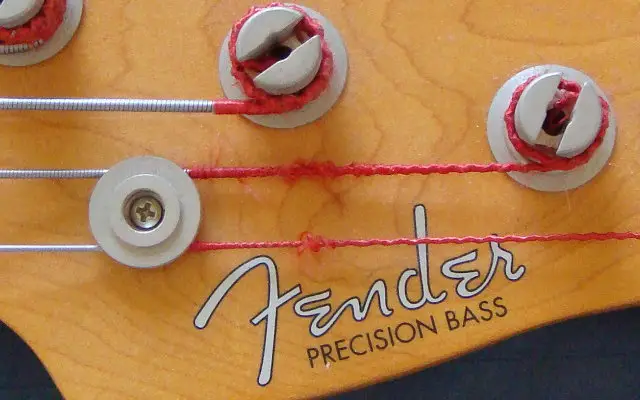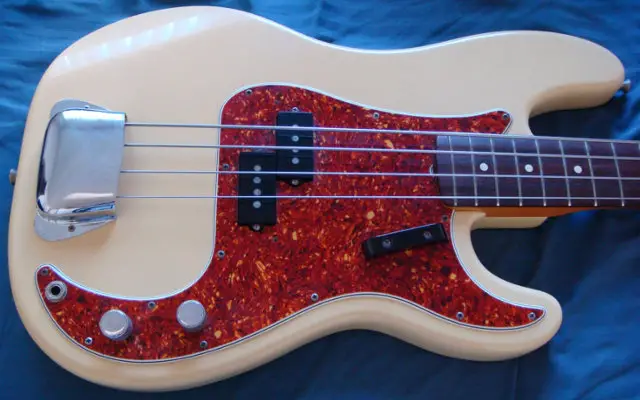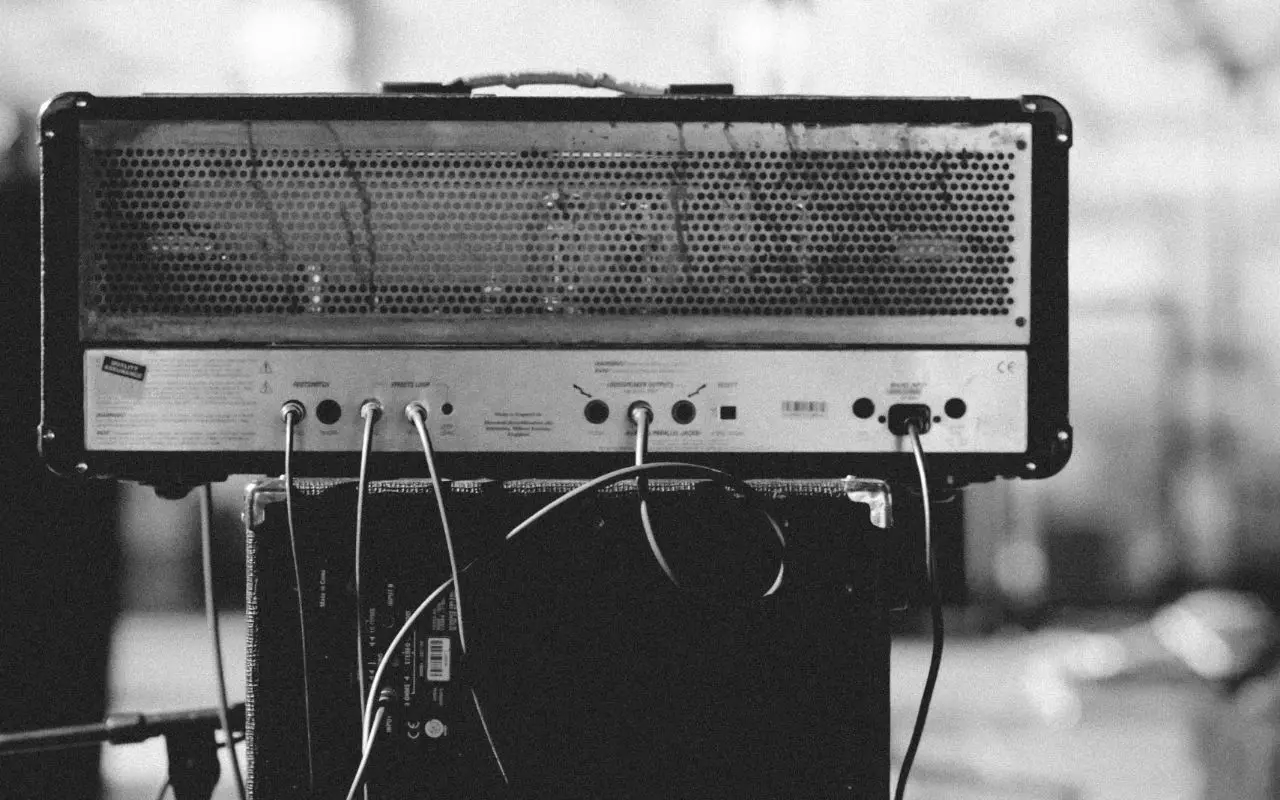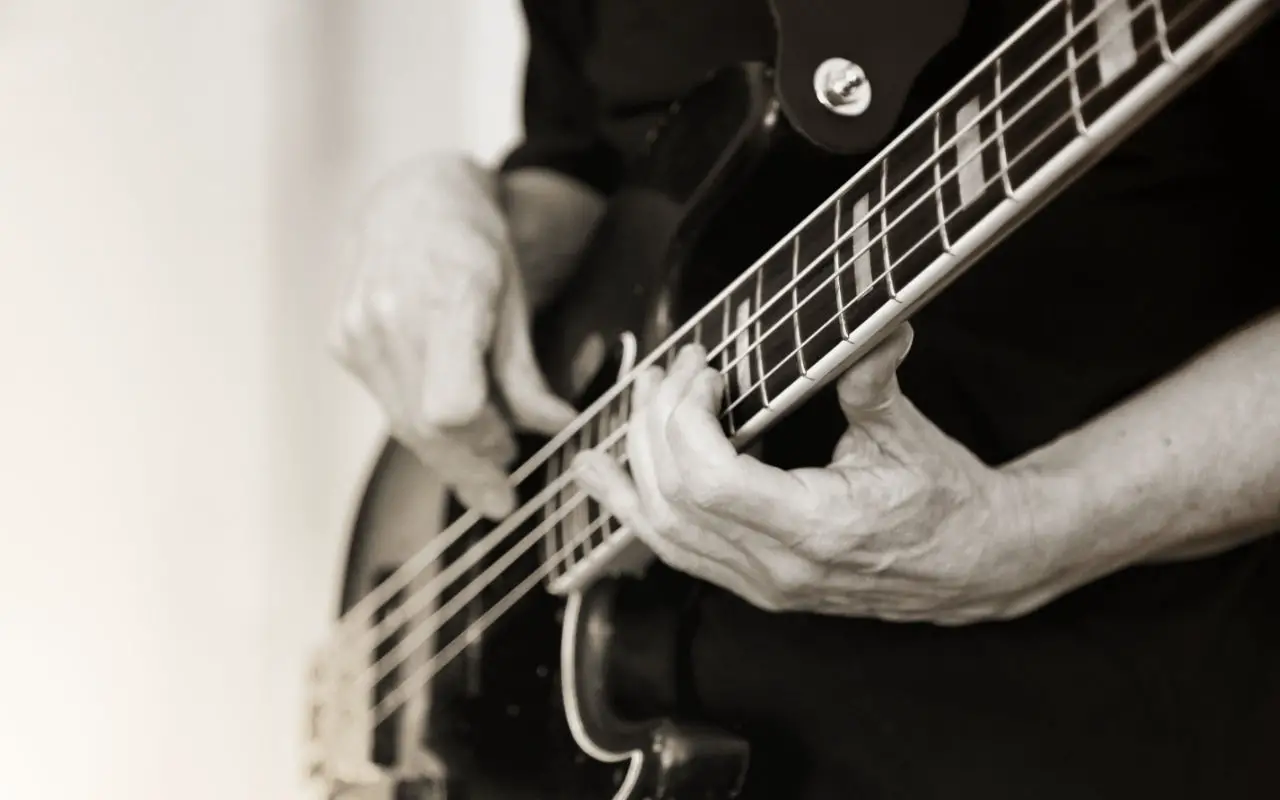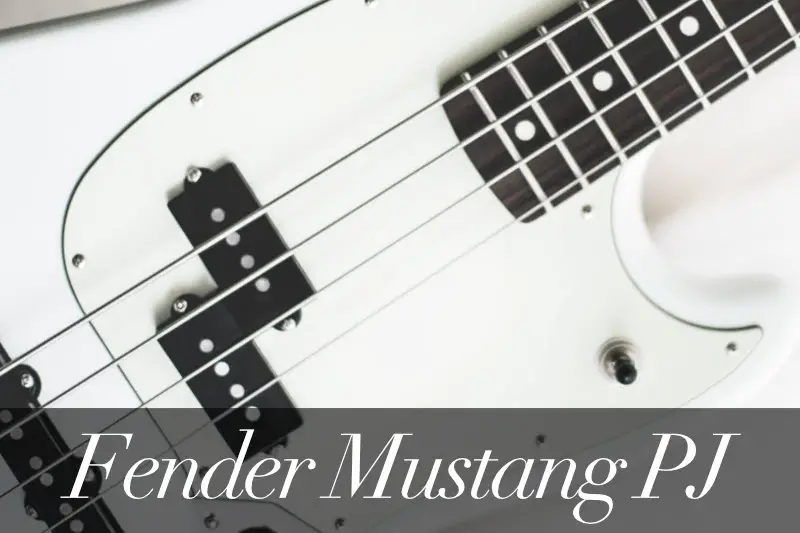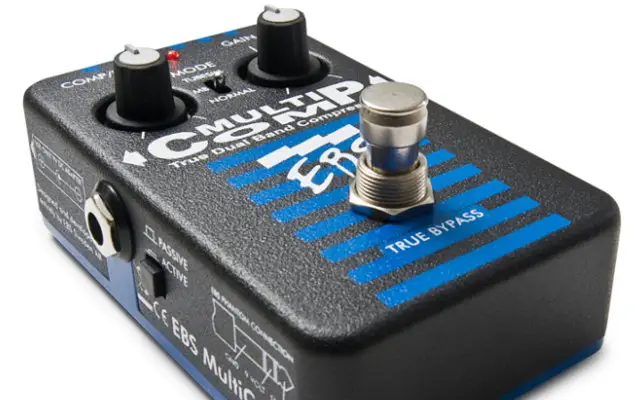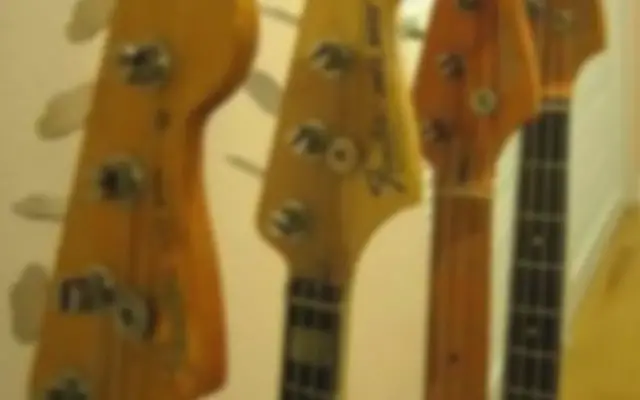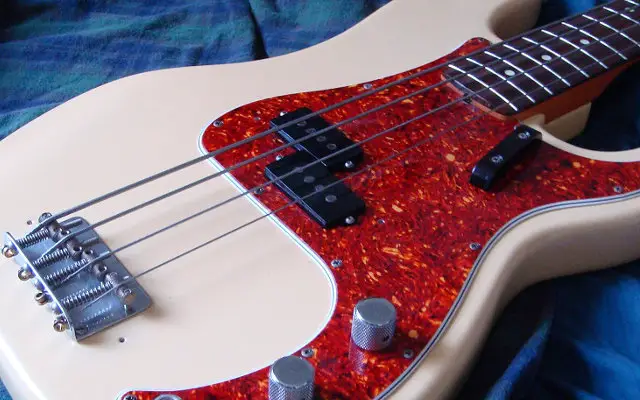Ever since solid-state amplifiers emerged in the 1960s, the debate has raged over which type of amplifier is better for bass. There has been what amounts to a “tube amps vs solid-state amps” war that has been waged in music stores, online, and between otherwise good musical friends.
For us bass players, the choice isn’t quite as volatile as it is for guitar players, many of whom would rather drink poison than play through a solid-state amp. Still, there are those bassists that swear by that natural, warm, fat tone that a tube amp delivers.
So the question is, what’s the difference between these amps, and what’s best for you? Oh yeah…and there’s also a third option.
Read more
